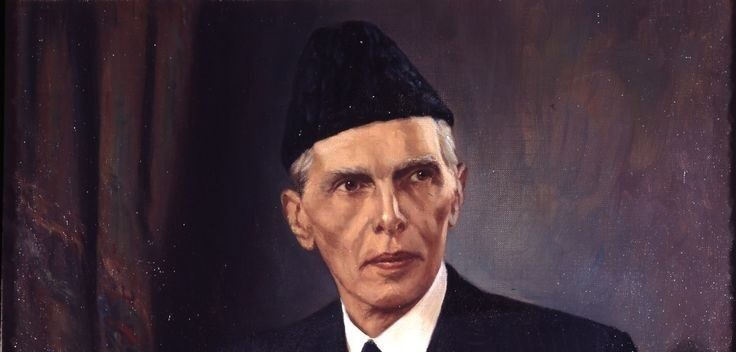In the annals of history, certain leaders transcend the confines of their time, leaving an indelible mark on the tapestry of nations. Muhammad Ali Jinnah, often revered as the “Father of the Nation” in Pakistan, stands as an iconic figure whose visionary leadership and unyielding commitment to his ideals shaped the destiny of millions.
Jinnah’s journey from a distinguished legal luminary to the architect of independence is a saga of courage, political astuteness, and unwavering determination.
Born on December 25, 1876, in Karachi, he emerged as a beacon of hope during a tumultuous period in the Indian subcontinent.
His early years were marked by a brilliant legal career that saw him rise through the ranks, earning the respect of peers and adversaries alike. Yet, it was Jinnah’s foray into the realm of politics that would define his legacy.
Initially aligned with the Indian National Congress and a proponent of Hindu-Muslim unity, Jinnah’s convictions evolved as the winds of communalism swept across the subcontinent.
The Lahore Resolution of 1940 crystallized Jinnah’s vision for a separate Muslim state, marking a decisive departure from the idea of a united India.
His articulation of the Two-Nation Theory laid the groundwork for the creation of Pakistan, a haven for Muslims seeking self-determination in a region marked by religious diversity.
The partition of British India in 1947, though a watershed moment, came at a heavy price — communal violence and
mass migrations marred the landscape. Jinnah, however, stood resolute, steering the nascent nation through its formative years.
On August 14, 1947, Pakistan emerged as an independent state, and Jinnah assumed the mantle of its first Governor-General.
Jinnah’s constitutional vision for Pakistan reflected a commitment to democratic principles, equality, and justice. He envisioned a nation where citizens, irrespective of their religious affiliations, would coexist harmoniously under the umbrella of a democratic and inclusive state.
His efforts laid the groundwork for the eventual development of a modern, democratic Pakistan.
More than seven decades after his passing, Jinnah’s legacy endures. His principles of religious freedom, tolerance, and the protection of minority rights remain touchstones in contemporary discussions on governance and nation-building.







